On the afternoon of April 14, Comrade Pham Minh Chinh, Politburo member, Prime Minister, Head of the Government Steering Committee summarizing the implementation of Resolution No. 18-NQ/TW "Some issues on continuing to innovate and reorganize the apparatus of the political system to be streamlined and operate effectively and efficiently" chaired the Steering Committee meeting.
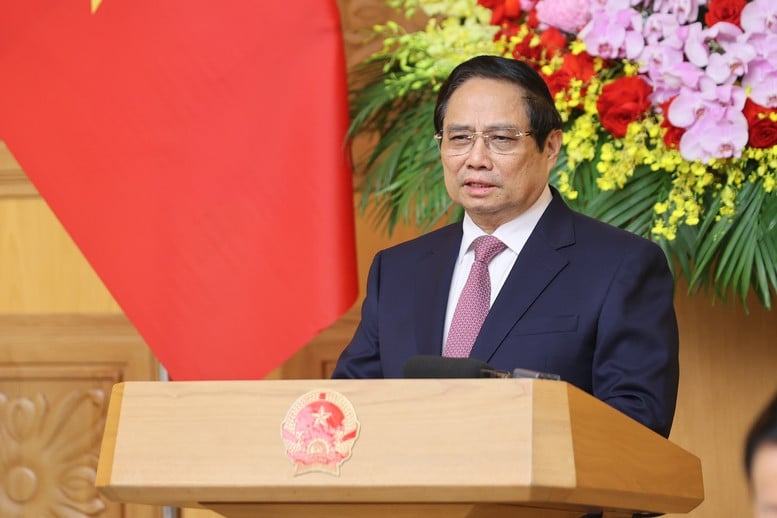
Also attending were comrade Nguyen Hoa Binh, Politburo member, Permanent Deputy Prime Minister, Deputy Head of the Steering Committee; comrades of the Party Central Committee, Deputy Prime Ministers, ministers, heads of ministerial-level agencies, and members of the Steering Committee.
The meeting aimed to immediately implement the Resolution of the 11th Central Conference, the Plan of the Central Steering Committee to summarize the implementation of Resolution No. 18-NQ/TW, and the direction of General Secretary To Lam on the implementation of the arrangement and merger of provincial and communal administrative units and the construction of a two-level political system at the local level.
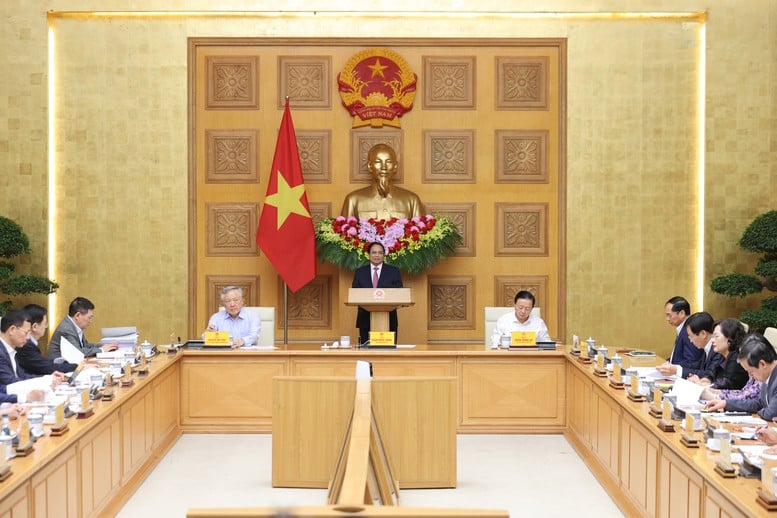
Previously, the 11th Central Conference, held from April 10-12, agreed on the policy of organizing local government at two levels: provincial level (provinces, centrally-run cities), communal level (communes, wards, special zones under provinces and cities); ending the operation of district-level administrative units; agreeing on the number of provincial-level administrative units after the merger to be 34 provinces and cities; agreeing on the merger of communal-level administrative units to ensure that the whole country reduces the number of communal-level administrative units by about 60-70% compared to the present.
On the morning of April 14, General Secretary To Lam, Head of the Central Steering Committee on summarizing the implementation of Resolution No. 18-NQ/TW, chaired a meeting to discuss and approve the Steering Committee's Plan on the implementation of the arrangement and merger of provincial and communal administrative units and the construction of a two-level political system at the local level.
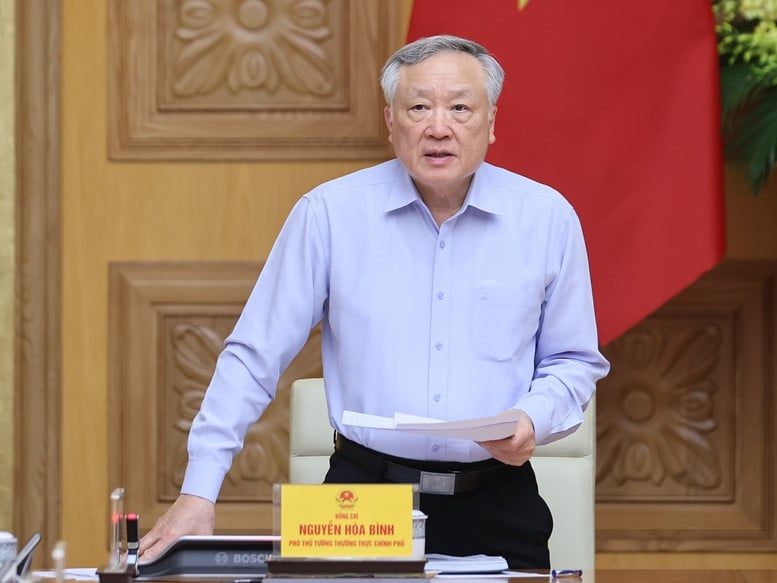
Immediately afterwards, the Government Steering Committee issued a Plan to implement the arrangement of administrative units and build a two-level local government organization model.
After listening to the reports, opinions and conclusions of the meeting, Prime Minister Pham Minh Chinh, Head of the Steering Committee, stated that, along with regular work, we are urgently implementing and ensuring the progress and quality of very important tasks at present: Carrying out the revolution in organizational apparatus; making breakthroughs in science and technology development, innovation and digital transformation; preparing and organizing well the Party Congresses at all levels and the 14th National Congress of the Party; organizing well the major holidays; promoting the development of the private economy; at the same time, responding to the rapidly evolving, complicated and unpredictable world and regional situation.
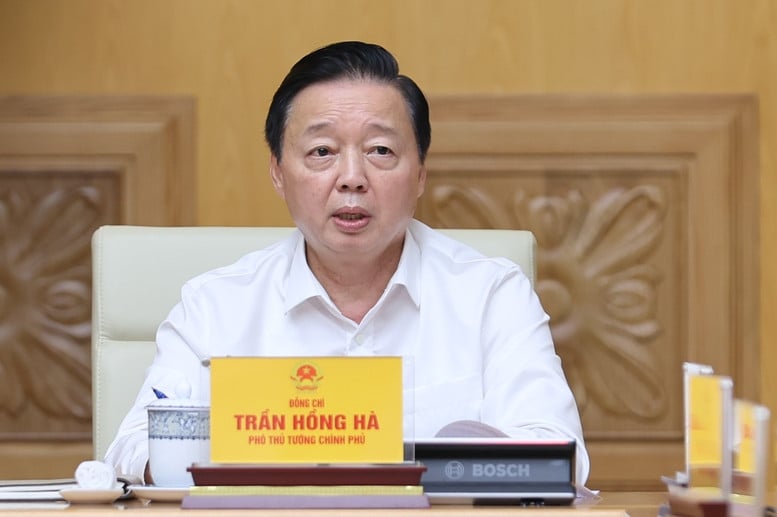
The Head of the Government Steering Committee requested the Ministry of Home Affairs and relevant agencies to continue reviewing and supplementing the tasks that need to be performed to arrange and merge provincial and communal administrative units and build a two-level local government organization model; ensuring that no tasks are left out or overlapped.
Ministries and branches, based on their functions, tasks and powers, shall effectively organize the implementation of the Central and Government plans and advise and propose tasks and solutions if they exceed their authority.
Ministers and heads of sectors closely follow progress to direct work and assign tasks with a spirit of high determination, great effort, decisive action, completing each task, assigning "clear people, clear work, clear progress, clear products, clear responsibilities, clear authority".
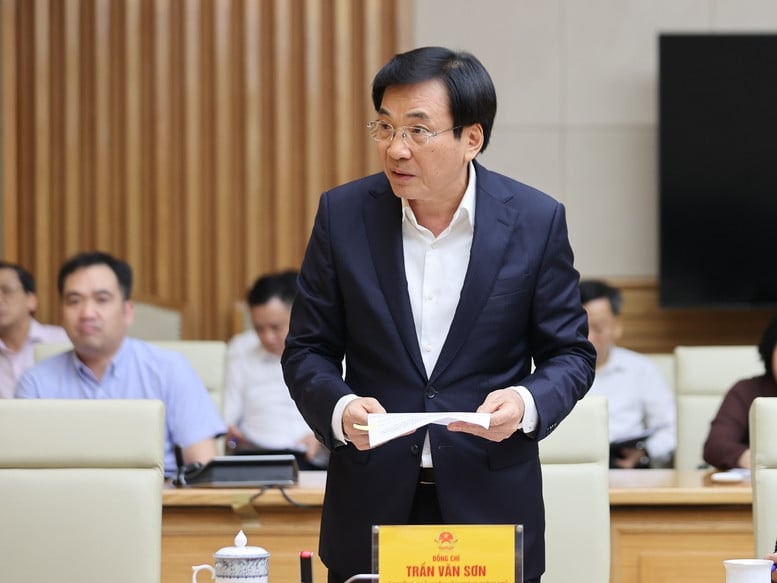
The Government, ministries and branches must provide guidance on assigned tasks. The Government must provide guidance on content under the authority of the Government, and the ministries must provide guidance on content under the authority of the ministries.
The work must be carried out synchronously among ministries, branches and agencies; the implementation process must be inspected, urged and reported according to the regulations of the Central Steering Committee. Deputy Prime Ministers, as assigned, inspect localities monthly, working groups of Government members urge, the Government Office and ministries have departments to monitor localities in performing assigned tasks.
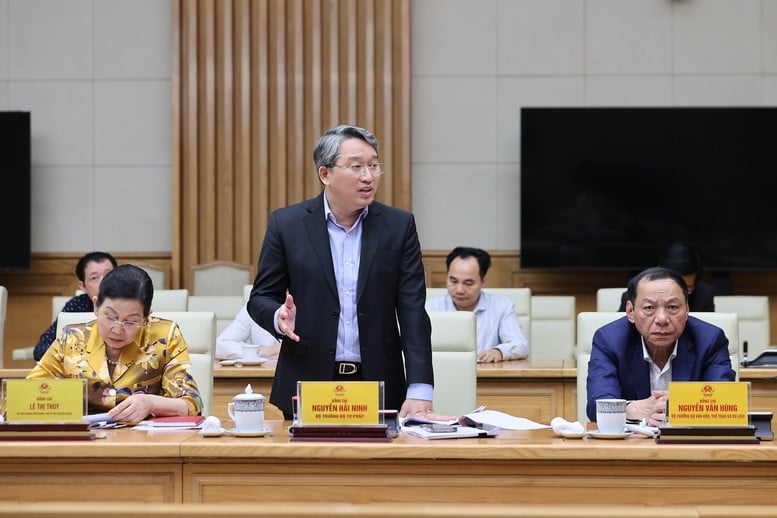
Regarding the legal basis, the Prime Minister stated that he proposed that the National Assembly use one law to amend many related laws, including those on local government organization and commune-level authority, in the direction of promoting decentralization and delegation of power to localities.
The Ministry of Home Affairs guides the implementation of the Public Administration Service Center at the provincial and communal levels; the Ministry of Science and Technology guides and unifies the software for processing nationwide and performing administrative procedures regardless of geographical boundaries; provinces and cities establish investment promotion and calling centers.
The Ministry of Science and Technology further guides the implementation of Resolution 57 of the Politburo on breakthroughs in science and technology development, innovation, and digital transformation; the Ministry of Public Security and other agencies review relevant regulations to continue to smoothly implement Project 06.
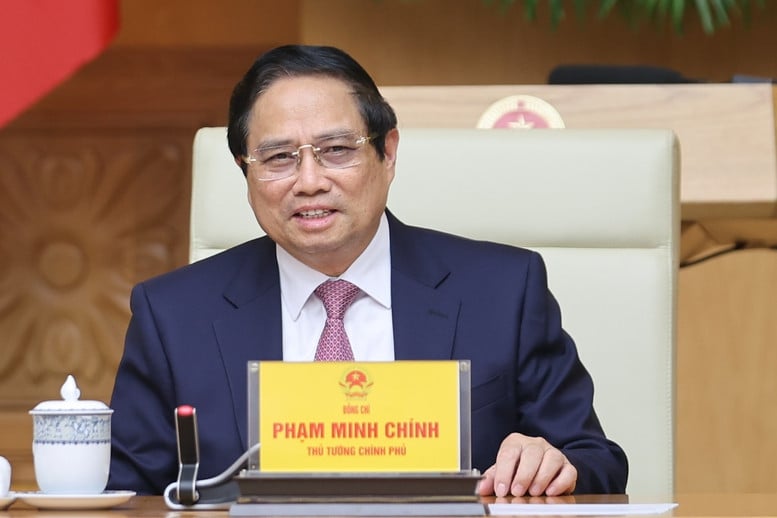
Ministries and branches guide localities on the organization and internal apparatus of departments, branches and specialized agencies of local governments. Regarding administrative procedures under the authority of the district level, the Government Office synthesizes and proposes implementation to the provincial and communal levels.
The Prime Minister also emphasized that the arrangement of boundaries and merger of communes must create the most favorable conditions for people, such as for students to go to school.
The Prime Minister noted that the arrangement process must ensure progress and quality, comply with regulations, and assign Deputy Prime Minister Nguyen Hoa Binh to directly direct the handling of any content lacking regulations or having regulations but being exceeded in practice. If it exceeds authority, it must be reported to competent authorities; agencies must closely monitor the situation, promptly handle emerging issues, and ensure smooth regular work.
The Prime Minister also assigned the Deputy Prime Minister to direct the Ministry of Home Affairs to proactively guide ministries, branches, agencies and localities to prepare for the operation of the new apparatus after the arrangement and merger on July 1, 2025.
The Ministry of Finance provides guidance on facilities and headquarters of agencies after arrangement, ensuring suitability, efficiency, avoiding waste, and prioritizing use for healthcare, education and public purposes.
Source



![[Photo] President Luong Cuong awarded the title "Heroic City" to Hai Phong city](https://vphoto.vietnam.vn/thumb/1200x675/vietnam/resource/IMAGE/2025/5/13/d1921aa358994c0f97435a490b3d5065)

![[Photo] President Luong Cuong attends the inauguration of the international container port in Hai Phong](https://vphoto.vietnam.vn/thumb/1200x675/vietnam/resource/IMAGE/2025/5/13/9544c01a03e241fdadb6f9708e1c0b65)
![[Photo] Prime Minister Pham Minh Chinh receives Ambassador of the French Republic to Vietnam Olivier Brochet](https://vphoto.vietnam.vn/thumb/1200x675/vietnam/resource/IMAGE/2025/5/13/f5441496fa4a456abf47c8c747d2fe92)
![[Photo] Many people in Hanoi welcome Buddha's relics to Quan Su Pagoda](https://vphoto.vietnam.vn/thumb/1200x675/vietnam/resource/IMAGE/2025/5/13/3e93a7303e1d4d98b6a65e64be57e870)


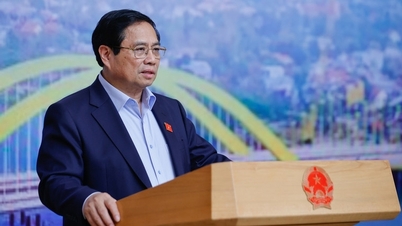



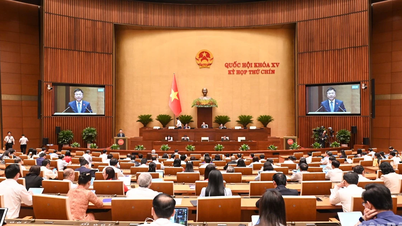


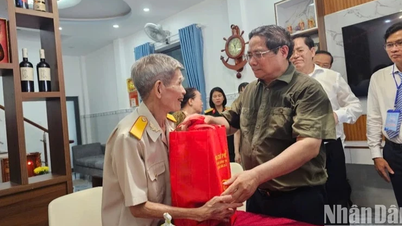
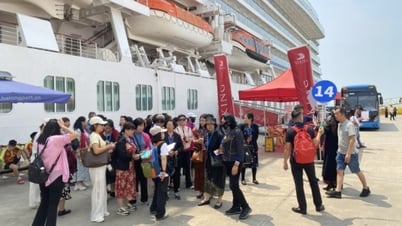

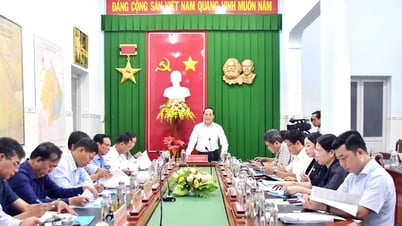

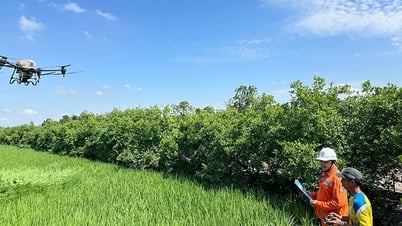










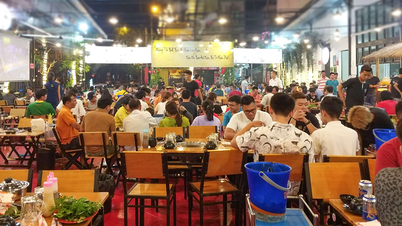

































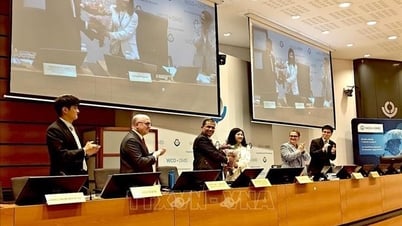




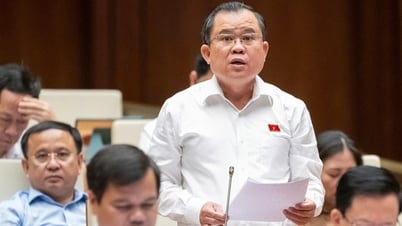

















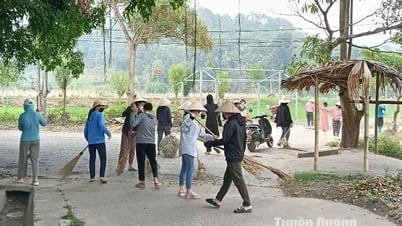







Comment (0)